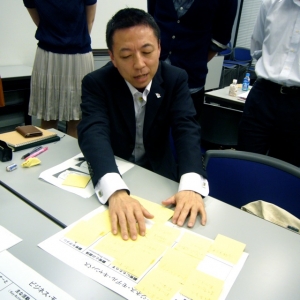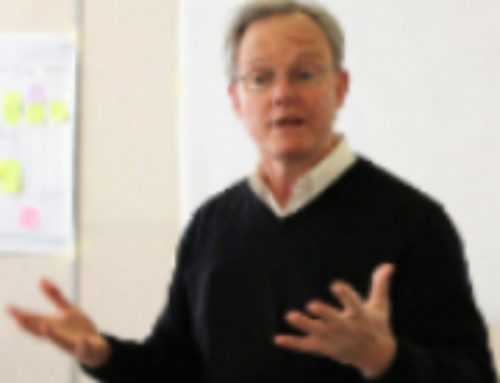After graduating from university, I watched classmates sail smoothly off to high-paying careers at Motorola and Intel. Meanwhile, I labored as a Silicon Valley temp to support my habit of playing in rock ‘n’ roll bands.
I don’t regret taking that path. But I committed plenty of career blunders afterwards while moving toward more suitable work. Here are just three of my faux pas, with suggestions for avoiding each in the coming year:
1. Focusing on What, Neglecting Why
I came into my own only after defining the why of my work rather than constantly emphasizing the what. As a teacher, I found my why in helping adult learners progress in their careers more efficiently than I had.
Some years ago I experienced a wonderful example of a why while interviewing a number of young Japanese engineers. All were competent, educated, and polite. But one candidate, when asked why he wanted to work as a medical device developer, instantly silenced the room with this remarkable reply:
 When I was 13 years old, my mother had arteriosclerosis and nearly died from a stroke. She’s better today, but ever since then I’ve wanted to create things that fight this terrible disease.
When I was 13 years old, my mother had arteriosclerosis and nearly died from a stroke. She’s better today, but ever since then I’ve wanted to create things that fight this terrible disease.
While other applicants focused on what, this candidate described a compelling why.
Guess who got the job?
Professionals need a “why” they work. Articulate yours. You don’t need a dramatic backstory — the truth is enough.
2. Thinking Job Titles, Ignoring Professional Identity
Note that the candidate above described himself not as an “engineer” but as a professional on a mission to create things that fight arteriosclerosis. This strong professional identity dramatically broadened his opportunities — he could work in design, engineering, marketing, sales, client services, and other capacities.
Any career consultant worth her salt will tell you that advertised opportunities — those identified by job titles — represent 20% or less of all available work. Unadvertised opportunities, on the other hand, represent 80% or more of available work — work waiting to be uncovered by those with a strong professional identity.
3. Applying Macroeconomic Logic to a Microeconomic Problem
Job-seekers often wonder, How can I reinvent my career in a sluggish economy with sky-high unemployment? This question sounds logical but reveals a serious career misstep: applying macroeconomic logic to a microeconomic problem.
Think of your career as a micro-economy, like the east Honolulu market for high-end real estate. If you develop competence in a niche you understand well, and create a strong professional identity for yourself, your services will be in constant demand regardless of the state of the overall economy.
Here’s to making fewer career blunders — and seizing more career opportunities — in 2015. Happy Holidays!




